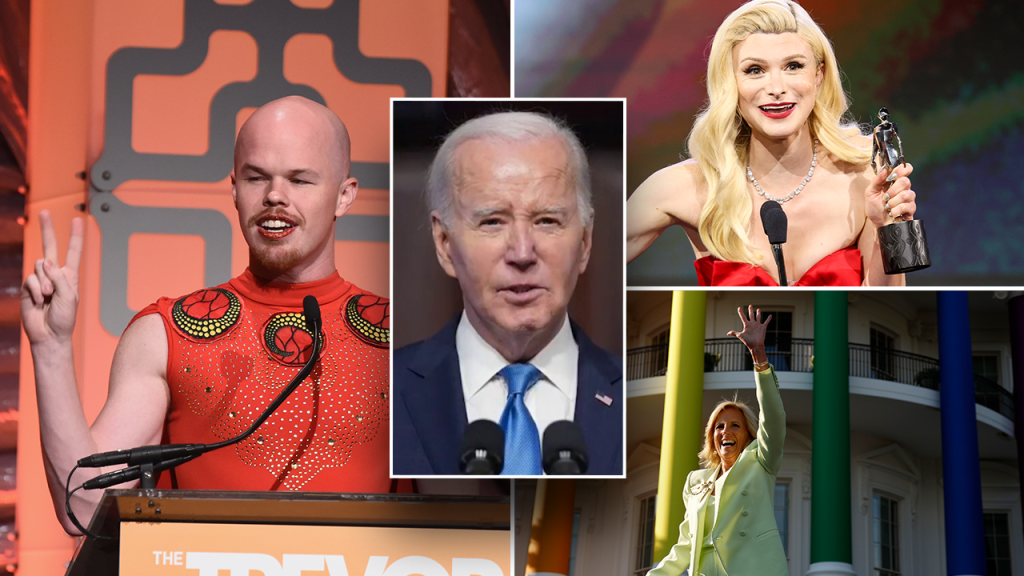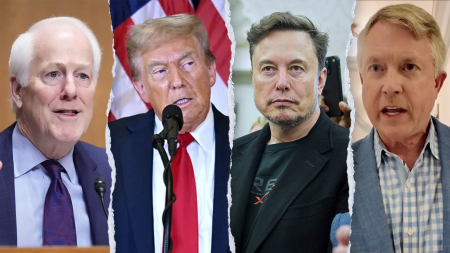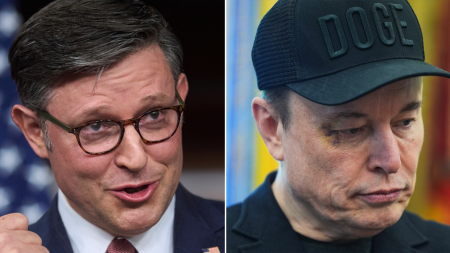The Biden administration has consistently championed transgender rights, positioning them as integral to human rights. From the outset of his presidency, Biden has prioritized the inclusion and affirmation of transgender individuals, setting a stark contrast to the policies of his predecessor. This commitment was most prominently demonstrated by the appointment of Rachel Levine, the first openly transgender federal official confirmed by the Senate, as Assistant Secretary for Health. This landmark appointment symbolized the administration’s dedication to representation and equality within its ranks.
Beyond symbolic gestures, Biden swiftly reversed Trump-era policies that restricted transgender individuals’ participation in the military. This reversal, executed via executive order, underscored the administration’s belief that gender identity should not be a barrier to service. The White House emphasized the importance of diversity and inclusion within the military, arguing that it strengthens national security and reflects core American values. This action marked a significant shift in policy, signaling the administration’s commitment to a more inclusive military.
Throughout his tenure, Biden has actively recognized and celebrated transgender and LGBTQ+ holidays and events. He has issued proclamations for Transgender Day of Visibility, Pride Month, and other significant occasions, reaffirming his support for these communities. However, this commitment to inclusivity has drawn criticism, particularly when Transgender Day of Visibility coincided with Easter Sunday in 2024. Conservatives criticized the White House for recognizing the transgender holiday on a major Christian holiday, perceiving it as an affront to their religious beliefs. The White House responded by emphasizing Biden’s personal Christian faith and his commitment to bringing all Americans together.
The administration’s efforts to promote transgender visibility and rights have also been met with controversy. The case of Sam Brinton, a non-binary former Department of Energy official, who faced charges related to airport luggage theft, generated negative publicity. Similarly, a topless incident involving a transgender activist at a White House Pride event drew criticism from conservatives, who deemed it disrespectful. The White House subsequently condemned the behavior and barred the individual from future events. Despite these controversies, the Biden administration continued to engage with transgender figures, hosting prominent individuals like “Jeopardy!” champion Amy Schneider and influencer Dylan Mulvaney.
Biden’s support for transgender rights has been a recurring theme in his State of the Union addresses. He has consistently pledged his support to transgender Americans, particularly youth, and called for the passage of the Equality Act to protect LGBTQ+ individuals from discrimination. This consistent messaging throughout his presidency reinforces the administration’s commitment to advancing transgender rights and legal protections. In addition to domestic policy, the administration displayed its support for the LGBTQ+ community through symbolic gestures, such as flying the Pride flag at the U.S. Embassy to the Holy See.
Looking ahead, the political landscape surrounding transgender rights is likely to shift under the next administration. While Biden’s approach has been characterized by strong advocacy and affirmative action, future administrations may adopt different policies. There could be a renewed focus on issues like transgender participation in sports and access to gender-affirming care, potentially leading to further debate and policy changes. The future of transgender rights in the United States remains a complex and evolving issue, with ongoing societal discussions and political action shaping its trajectory.










